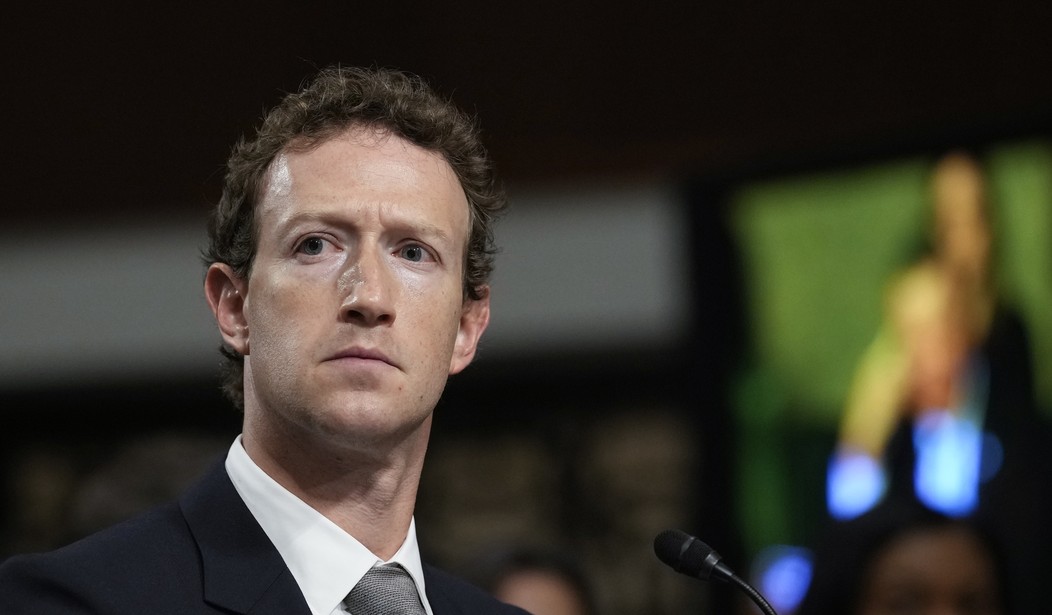Today I read this interview of Democratic congressman Jake Auchincloss published by the NY Times. It's long and covers several different topics. Some of it I found interesting, but one part of it really struck me as incredible. Rep. Auchincloss suggests maybe the government should be taxing people's attention. I had never heard of such a thing but I guess this could be the next frontier in things Democrats wish to tax. Times columnist Ezra Klein is asking the question (in bold).
You should think about attention as a collective resource, a public good. A crucial question in a democracy is the quality and quantity of attention the public can bring to civic and daily life.
One of the things that I see in what you’re saying here is that the quality of American attention has been degraded. And it’s a little bit tricky to talk about how you would try to increase the supply of attention.
I’ve said this a million times on the show, but as a parent, I am terrified about how to help my kids have a healthy attentional capacity in the world they’re growing up in. I’ve never really seen anybody come up with anything in public policy on this. Many governors, both Democratic and Republican, are coming around to phone bans in schools — God bless Jonathan Haidt on that.
But you’ve talked about a tax on attention. I’m a little skeptical of its workability, but I’d like to hear you make the case for it. What are you describing, and how would you do that?
We use a phrase that I think hints at what this might look like. When you’re scrolling on your phone and when you’re looking at content, you are “paying” attention, right? And if you’re paying attention, they are buying attention. In the real world, that could be subject to a sales tax, a value-added tax. In the digital world, it’s nonmonetized and thereby is not taxable.
The degradation of attention and the greed for our attention spans that these corporations exhibit suggests that we need to update our tax code to reflect not an industrial economy but an attention economy. And these companies will come back and say: If you try to do a value-added tax, it’s going to be unworkable, and here are 55 reasons it’s unworkable.
Is it going to be challenging to implement that? Yes. But it’s also challenging to do capital gains taxes on private equity. Our tax code and our tax enforcements update themselves.
But I think the core thesis is very well grounded: When you are paying attention and they are buying attention, that has value. And we know it has value because they go turn around and bundle it for a price to advertisers. And we simply say: You’re paying a V.A.T. based on that. And the V.A.T. is not going to go to the general fund. The V.A.T. is going to go to a separate, chartered entity that disperses funds for local journalism.
It takes a while to really tease out what Rep. Auchincloss is suggesting here but basically it comes down to another tax on social media, but not apparently on streaming media:
I’m not talking about a V.A.T. on the back-end monetization of data. I’m talking about a V.A.T. on the front end of how much time is spent onscreen — taxed not to the user of the service but taxed to the service provider.
This is a world where Netflix is then going to be disclosing a calculation to, I guess, the Internal Revenue Service saying: This was the total amount of time people spent bingeing or watching content on Netflix. And then Netflix pays a surcharge based on that amount of time.
Netflix is not a great example because Netflix is a subscriber model, so that is actually a monetized exchange.
Free television is still broadcast and available with an antenna. Should the networks be charged an attention tax for people who watch without a cable contract? On the other end of things, Elon Musk's X also uses a subscription model (though it's optional at this point). Would X subscriptions be exempt from the tax? Could Facebook or TikTok avoid the tax by adding a $5 subscription? The answer is probably not.
So if TikTok moved to a model where it charged me five bucks a month, they’re out of this tax system?
What’s interesting about this is that some jurisdictions actually require that the social media corporations offer a subscription. So they’ve already had to put forward what they think the monetary value is of monthly usage, which is a pretty good indication of what it might end up being.
But the short answer is: No, I don’t think that’s a get out of jail free card.
Rep. Auchincloss did say this wouldn't be aimed at every recipe blog or small site on the internet but apparently there would be some threshold. So the big social sites like Facebook, TikTok, YouTube would all need to pay up not for the number of people they host but for the number of viewers they have.
My first instinct is that this sounds pretty nutty and unworkable but if Democrats see a pot of money at the end of this rainbow they may pursue it. Anything to grow the size, scope and control of the government—even taxing your attention—they are willing to try.








Join the conversation as a VIP Member